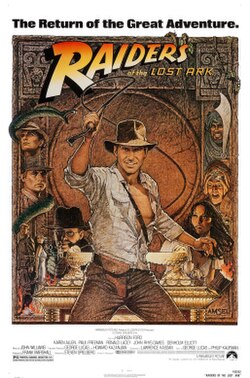
Introduction
The phrase ‘Good Night and Good Luck’ has transcended its origins to become a poignant cultural reference, particularly in the landscape of journalism and media. Originally popularized by veteran broadcast journalist Edward R. Murrow, the phrase is a reminder of the ethical responsibilities inherent in journalism. In today’s fast-paced media environment, this topic remains ever relevant as issues of media integrity and public trust come under scrutiny.
Historical Context
Edward R. Murrow used the phrase as a sign-off on his television broadcasts beginning in the late 1950s. During a crucial time in American history, he reported on significant issues, including the Red Scare and Senator Joseph McCarthy’s anti-communist witch hunts. Murrow’s steadfast commitment to presenting the truth, even when it was at great personal and professional risk, is what made his sign-off resonate. ‘Good Night and Good Luck’ was not merely a farewell; it was an expression of hope and solidarity in the search for truth.
The Film and Modern Relevance
In 2005, George Clooney’s film ‘Good Night, and Good Luck’ brought renewed attention to Murrow’s legacy. The film focuses on Murrow’s challenges while reporting on McCarthyism, illustrating the importance of journalistic integrity. Critics hailed it as a powerful reminder of the risks journalists face when standing up against political power. In an age where misinformation spreads rapidly, Murrow’s commitment to fact-based reporting resonates more than ever, prompting today’s journalists to consider the ethical implications of their work.
The Modern Media Landscape
Current challenges in the media realm, such as sensationalism, misinformation, and public distrust, further emphasize the relevance of Murrow’s ethos. Media consumers today must navigate a complex landscape of information sources, making the need for integrity and truthfulness paramount. Organizations and journalists who adhere to the challenges exemplified by Murrow’s approach instill a sense of accountability that today’s public desperately needs.
Conclusion
‘Good Night and Good Luck’ is more than just a nostalgic phrase; it serves as a guiding principle for responsible journalism. As the media landscape continues to evolve, the commitment to ethical reporting remains crucial for democracy and informed citizenship. By embodying Murrow’s legacy, contemporary journalists can empower the public to seek the truth, fostering a culture of transparency and accountability. In the face of adversity and uncertainty, ‘Good Night and Good Luck’ inspires journalists and audiences alike to prioritize integrity and trust in reporting.






